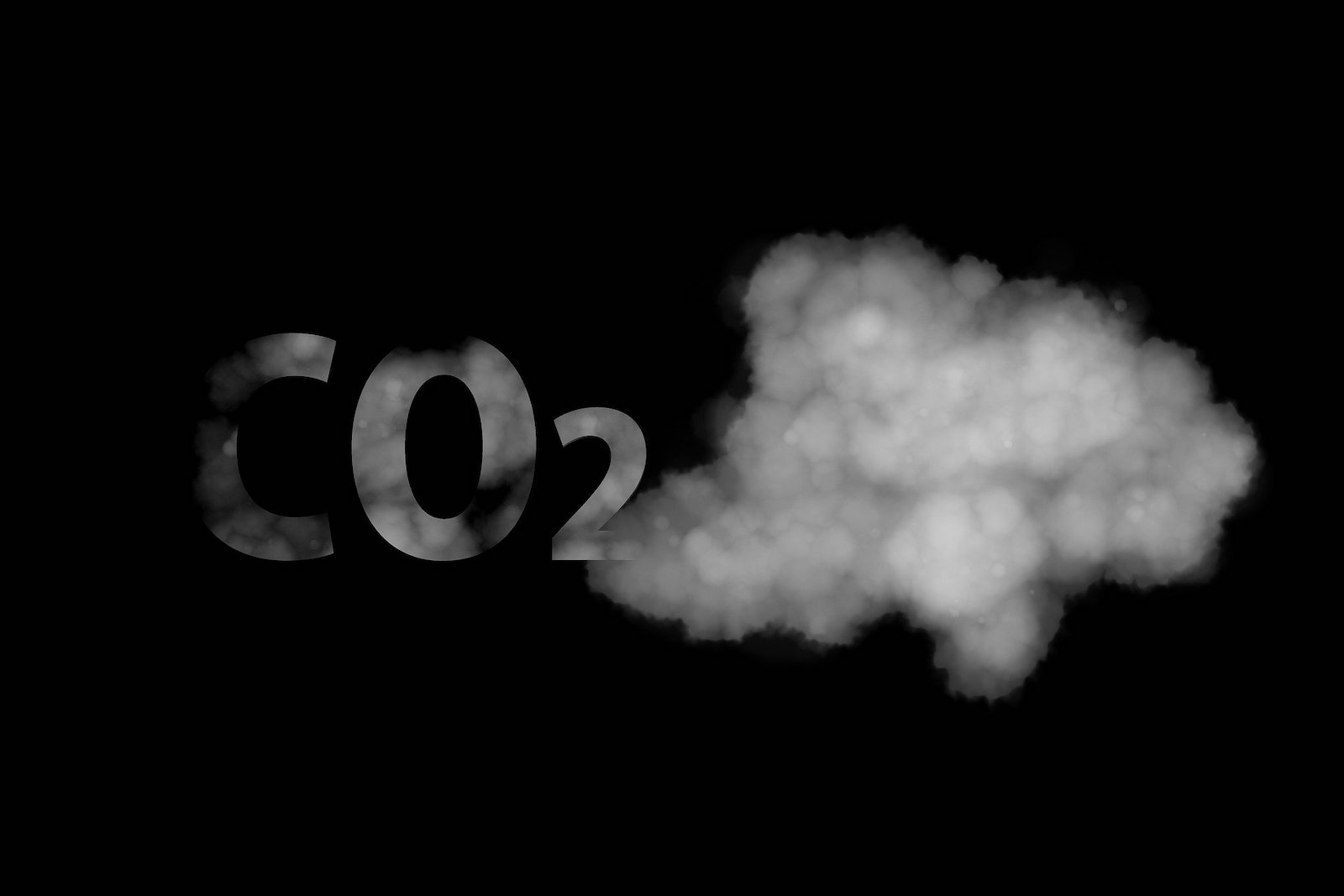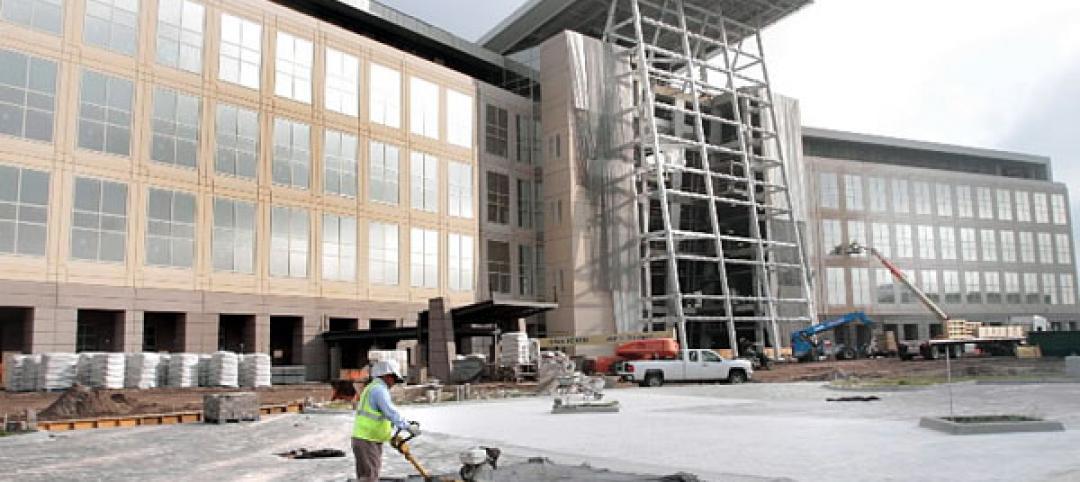Researchers at Worcester Polytechnic Institute have developed a new CO2-absorbing material that’s a low-cost alternative to concrete.
Cement production is one of the largest contributors to climate change. As published in the journal Matter, the research has led to the creation of a self-healing Enzymatic Construction Material that the research team describes as a “living material” that “provides a pathway to repair or even replace [traditional] concrete in the future.”
The material uses an enzyme, carbonic anhydrase, found in all living cells. Carbonic anhydrase efficiently reacts with CO2, and “has the unique ability to rapidly remove the greenhouse gas from the atmosphere. This property has allowed us to formulate a carbon-negative material,” says Richard Whitcomb Professor of Chemistry and Biochemistry Suzanne Scarlata.
Researchers say the material has “outstanding” compression strength, rivaling traditional mortar, making it strong enough to use in the construction of bridges or buildings as compressive elements. The research team plans to take steps to bring the material out of the lab soon and work toward commercialization.
Related Stories
| Feb 19, 2014
USGBC introduces new online educational platform
The U.S. Green Building Council has introduced “Education @USGBC” a new educational platform.
| Feb 17, 2014
Channeling weather forecasts to building systems can yield significant energy savings
Using weather forecasts to predict outdoor temperature changes can lead to significant energy savings, exceeding 10%, researchers say.
| Feb 17, 2014
Lawmakers may take away control of Florida hospital project from the VA
The project is $100 million over budget and has missed its scheduled completion date.
| Feb 17, 2014
Business, labor at odds over toughening of OSHA silica dust rule
OSHA says the rules will protect workers and prevent 700 fatalities annually. Others say the rules would hurt businesses and jobs.
| Feb 17, 2014
Tulsa, Okla., mulls code change to require storm shelters in new schools
State and city officials are pushing for increased bonding capacity to pay for the storm shelters.
| Feb 13, 2014
Appraisal Institute issues guidelines on evaluating green property
The Appraisal Institute and the Institute for Market Transformation have issued guidelines for training property appraisers to evaluate green buildings.
| Feb 7, 2014
New LEED Dynamic Plaque system will measure building performance
The U.S. Green Building Council recently unveiled the LEED Dynamic Plaque, which is a new system designed for benchmarking and comparing post-occupancy building performance on a global scale.
| Feb 7, 2014
Los Angeles officials struggle to deal with needed seismic retrofits
Sixteen years ago, the Los Angeles City Council decided against requiring retrofits of existing buildings because of the projected cost and the threat of losing 20,000 apartment buildings.
| Feb 7, 2014
Los Angeles officials struggle to deal with needed seismic retrofits
Sixteen years ago, the Los Angeles City Council decided against requiring retrofits of existing buildings because of the projected cost and the threat of losing 20,000 apartment buildings.
| Feb 7, 2014
EPA, Freddie Mac collaborate on energy- and water-efficient apartments
Freddie Mac will gather data on energy and water use from property owners, and encourage lenders to spend on energy-efficient investments for multifamily housing.











